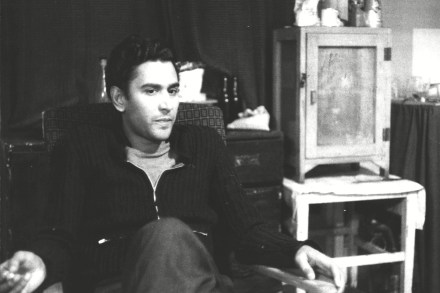A beautiful radio adaptation: Radio 4’s The Housing Lark reviewed
Nineteen fifty-six: the Suez crisis, the first Tesco, Jim Laker takes 19 wickets in a match. But also: Trinidadian pianist Winifred Atwell becomes the first black woman to have a UK number one with ‘The Poor People of Paris’; Kenneth Tynan announces a playwriting competition in the Observer, which is won by the Trinidadian dramatist Errol John, and a third Trinidadian, Sam Selvon, publishes his most enduring novel, The Lonely Londoners. He was photographed the same year by Ida Kerr, looking up out of shot past a crooked nose, a frown half creasing his forehead as a smile plays around the corners of his mouth. Selvon’s novels are fatalistic comedies,






